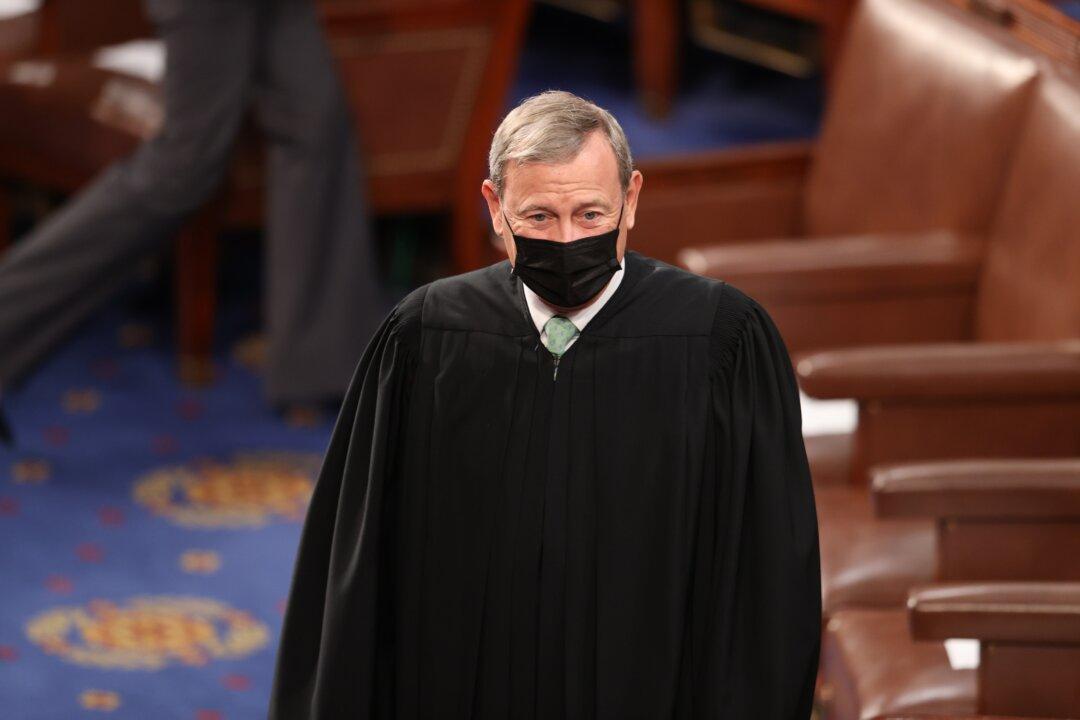The chief justice of the Supreme Court, in his year-end report, called on federal judges to work hard to adhere to ethics rules after more than 100 were caught violating a rule that requires judges to recuse themselves in any matter in which they have a personal financial interest.
Chief Justice John Roberts cited (pdf) a Wall Street Journal investigation that uncovered violations by 131 federal judges across 685 cases between 2010 and 2018. The George W. Bush appointee portrayed the number of violations as small, noting that they represented less than 0.03 percent of the 2.5 million civil cases filed in the district courts during the years studied.





